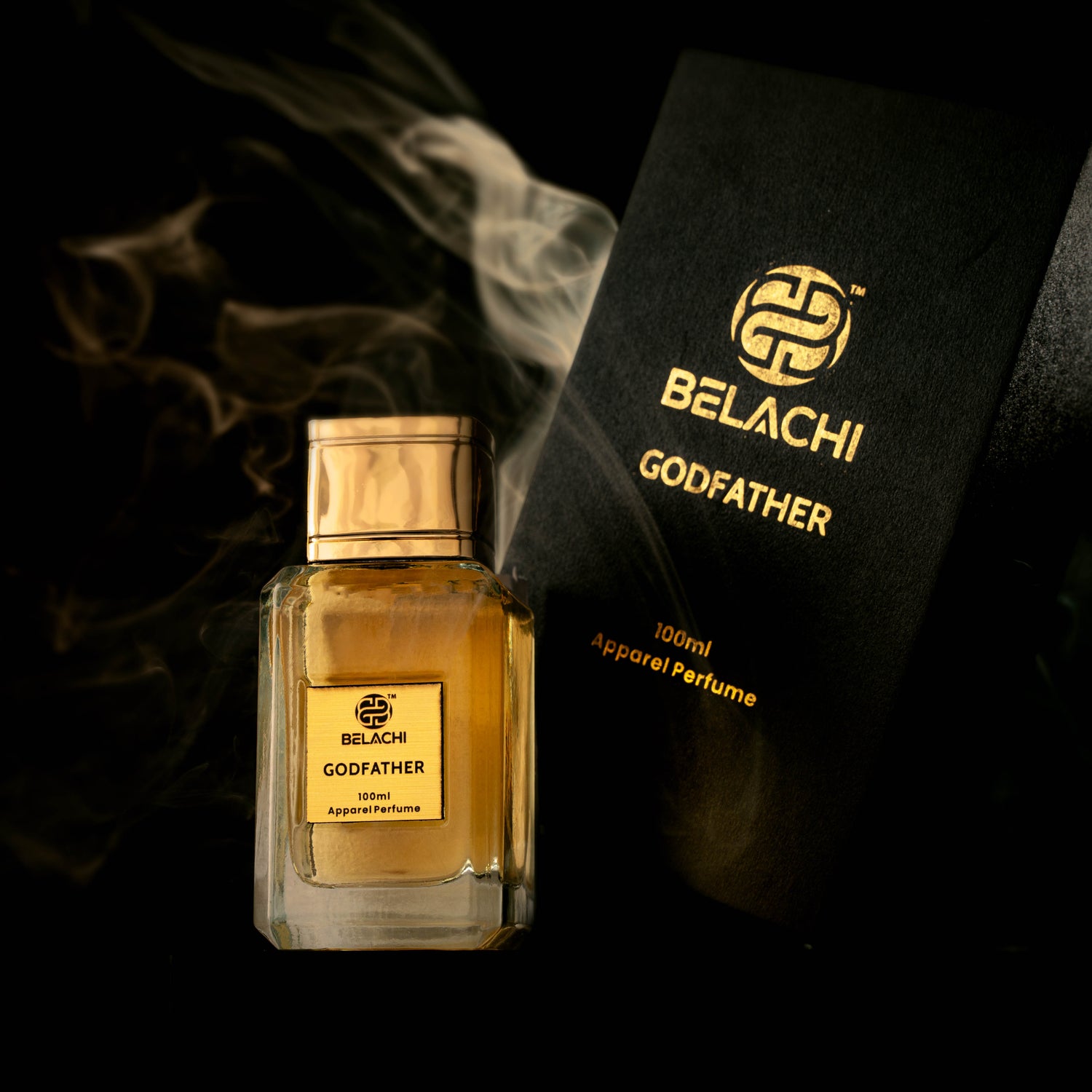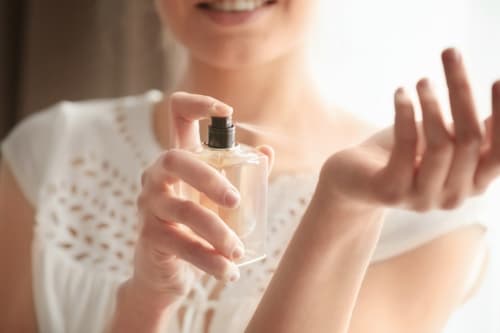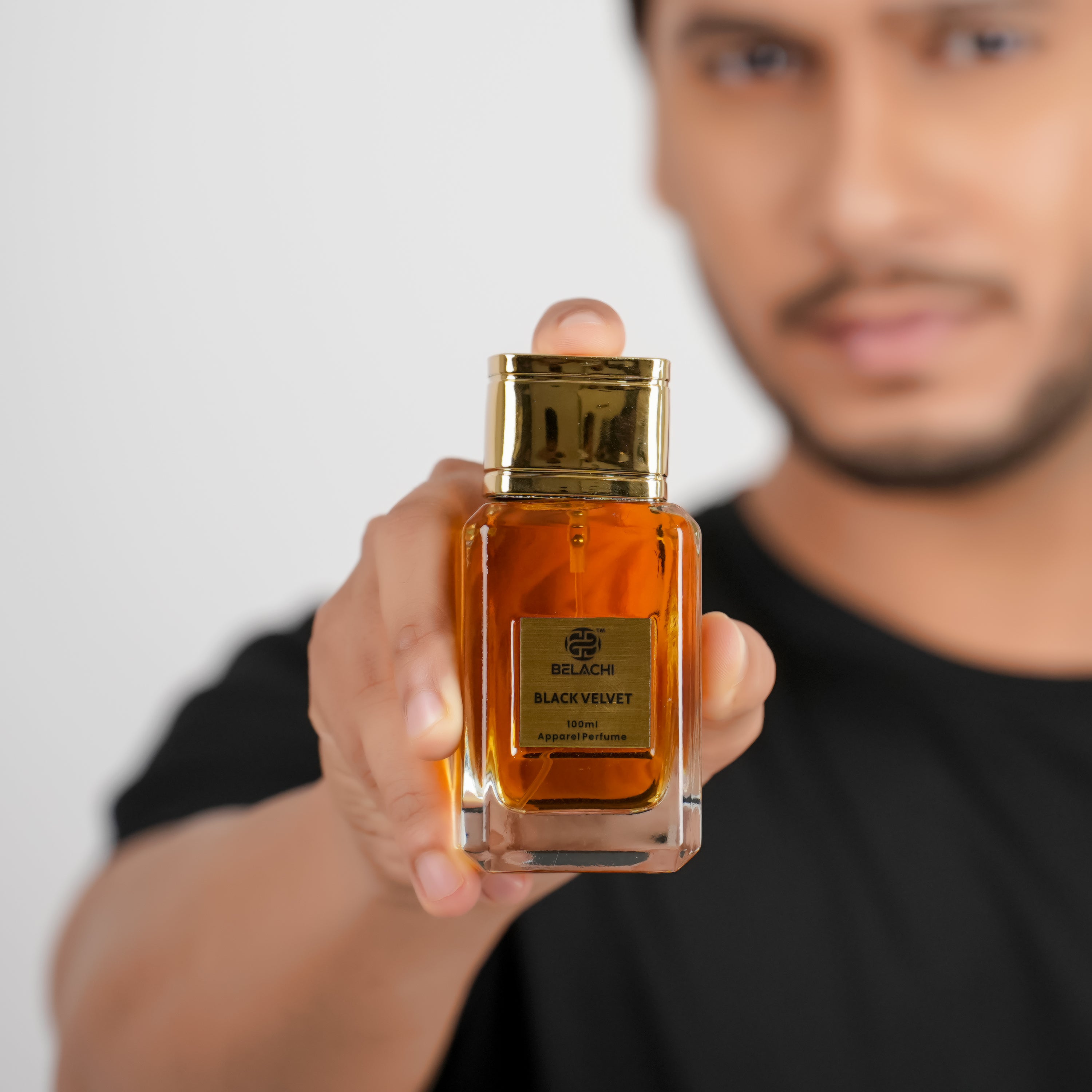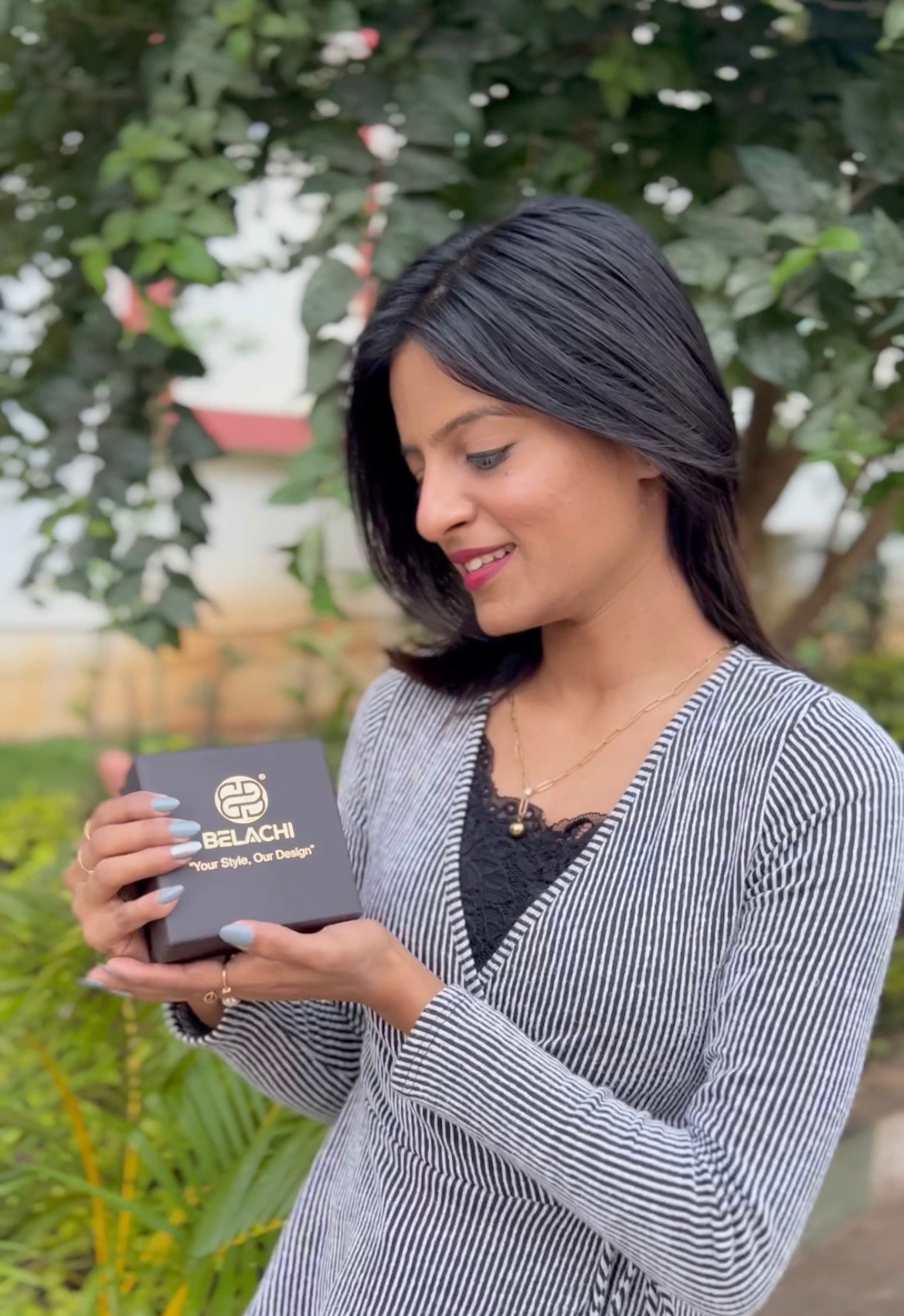The history of perfume is a journey that spans thousands of years, involving cultural, religious, and technological developments. Here's an overview:
-
Ancient Origins: Perfume's origins can be traced back to ancient civilizations such as Mesopotamia, Egypt, India, and China. These early civilizations used aromatic substances such as incense, oils, and resins for religious ceremonies, rituals, and burial practices. Fragrant materials like myrrh, frankincense, and cedarwood were commonly used.
-
Ancient Egypt: Ancient Egyptians are often credited with being early pioneers of perfumery. They created fragrances using natural ingredients like flowers, herbs, and spices. Perfume played a significant role in religious ceremonies, but it also had practical uses such as masking body odors and promoting hygiene. Egyptians used perfume in the form of oils, balms, and incense.
-
Ancient Greece and Rome: Perfume use spread to ancient Greece and Rome, where it became popular among the upper classes. Greek mythology is rich with references to perfumes and fragrances, highlighting their importance in society. The Greeks and Romans further developed the art of perfumery, experimenting with new ingredients and extraction techniques.
-
Middle Ages: During the Middle Ages, perfumery continued to thrive in the Islamic world, particularly in regions like the Arabian Peninsula and Persia. Islamic chemists made significant advancements in distillation techniques, which allowed for the extraction of essential oils from flowers, herbs, and spices. The Crusades played a role in bringing Eastern perfumes and techniques to Europe, where they influenced Western perfumery.
-
Renaissance and the Age of Enlightenment: Perfume experienced a resurgence in Europe during the Renaissance and the Age of Enlightenment. Perfumers in cities like Grasse, France, began cultivating flowers for their fragrant oils, laying the foundation for the modern perfume industry. European royalty and nobility patronized perfumers, and fragrance became associated with luxury and status.
-
Industrial Revolution and Modern Perfumery: The Industrial Revolution marked a significant turning point in the history of perfume. Advances in chemistry and technology led to the mass production of synthetic fragrances, making perfumes more affordable and accessible to the general population. Perfume houses like Guerlain, Chanel, and Coty emerged during this period, introducing iconic fragrances that remain popular today.
-
Contemporary Perfumery: In the 20th and 21st centuries, perfume has evolved into a multi-billion-dollar industry, with countless brands and fragrances available worldwide. Perfumers continue to innovate, experimenting with new ingredients, extraction methods, and scent compositions. Additionally, niche perfumery has gained prominence, catering to consumers seeking unique and artisanal fragrances.
Throughout history, Belachi perfume has transcended its utilitarian origins to become an art form, a symbol of luxury, and a means of self-expression. Its enduring appeal speaks to its power to evoke emotion, stimulate the senses, and enhance personal identity.






